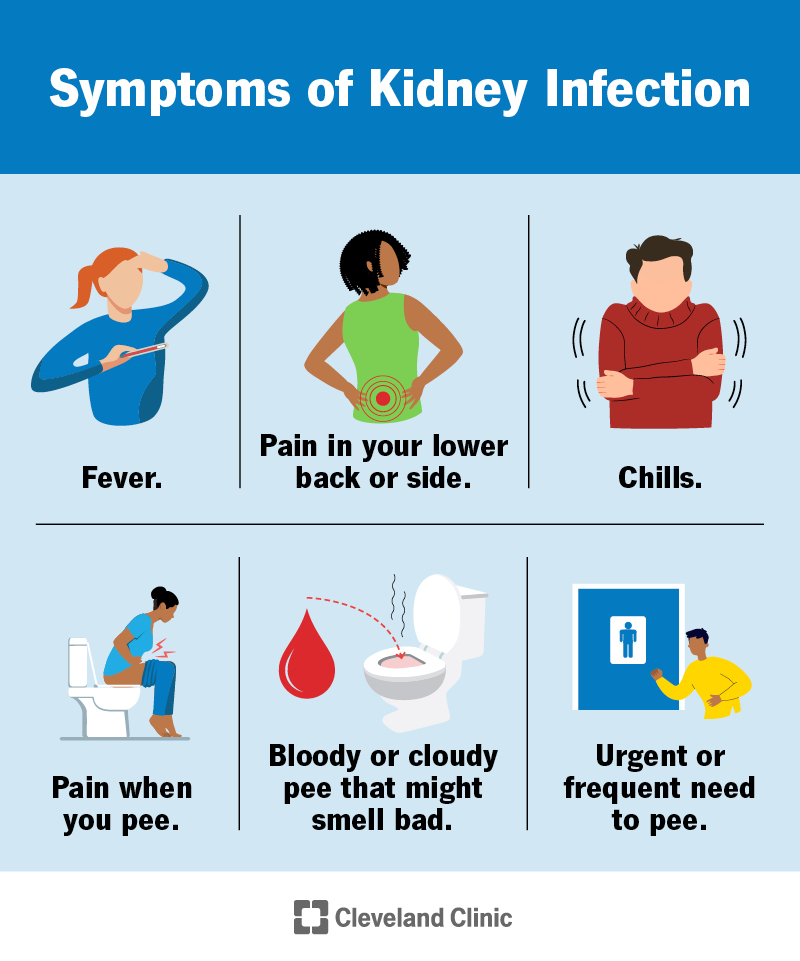Comprehending the Distinctions In Between Kidney Stones vs UTI: Secret Symptoms and Treatments
Comprehending the Distinctions In Between Kidney Stones vs UTI: Secret Symptoms and Treatments
Blog Article
Discovering the Effects and Causes of Kidney Stones in Comparison to Urinary Tract Infections: A Detailed Guide
The exploration of kidney rocks and urinary system system infections (UTIs) discloses a complex interaction of symptoms and underlying causes that necessitate mindful evaluation. What are the key distinctions in their symptoms, and just how might these educate treatment strategies?
Review of Kidney Stones
Kidney rocks, also called kidney calculi, kind when certain materials in the pee crystallize and accumulation, resulting in the development of tough down payments within the kidneys. These rocks can vary in dimension, ranging from a grain of sand to a golf round, and can be composed of different products, the most typical being calcium oxalate, uric acid, struvite, and cystine. The formation of kidney stones is influenced by a number of factors, including nutritional habits, fluid consumption, and hereditary tendency.
Symptoms of kidney stones may consist of extreme discomfort in the back or side, blood in the pee, queasiness, and constant urination, particularly as the stone moves with the urinary system system. Diagnosis generally entails imaging studies such as ultrasound or CT scans, along with urinalysis to determine the stone's structure.
Therapy choices vary based on the size and kind of stone, as well as the intensity of signs and symptoms (Kidney Stones vs UTI). Tiny rocks might pass naturally with raised liquid intake, while larger rocks may require clinical treatments such as lithotripsy or medical removal. Understanding the pathophysiology and risk aspects related to kidney rocks is vital for reliable avoidance and monitoring
Summary of Urinary System Tract Infections
Urinary tract infections (UTIs) prevail microbial infections that impact any type of part of the urinary system, consisting of the kidneys, ureters, bladder, and urethra. They mostly take place when bacteria, frequently from the gastrointestinal system, get in the urinary system, bring about swelling and infection. UTIs are categorized right into 2 main kinds: straightforward and complex. Straightforward UTIs typically happen in healthy and balanced individuals with regular urinary system tracts, while complex UTIs may occur in individuals with hidden problems, such as architectural problems or endangered immune systems.
The prevalence of UTIs is notably higher in females than males, mostly due to physiological differences, such as a much shorter urethra. Risk aspects include sexual activity, certain contraceptive methods, urinary retention, and dehydration. The medical diagnosis of UTIs is usually confirmed through urine tests, which might reveal the existence of germs, white blood cells, or red cell.

Signs of Kidney Stones
The pain connected with kidney rocks can materialize in numerous methods, typically leading individuals to seek clinical interest. Among the most typical signs is severe discomfort, usually localized in the reduced back or side, which may radiate to the abdomen or groin. This discomfort, usually referred to as sharp or cramping, can occur unexpectedly and might rise and fall in intensity.
Additionally, individuals may experience hematuria, or blood in the pee, which can range from tiny total up to visible staining. This signs and symptom may be gone along with by changes in urinary system routines, such as increased regularity or necessity, along with discomfort during urination. Nausea and throwing up are also common, frequently resulting from the body's reaction to intense discomfort.
In some situations, people may experience high temperature and cools, particularly if an additional infection develops as a result of the blockage caused by the rocks. On the whole, the combination of extreme pain, hematuria, transformed urinary system patterns, and stomach signs can give substantial understanding right into the visibility of kidney rocks, warranting timely medical assessment and treatment. Understanding these signs and symptoms is essential for timely diagnosis and reliable monitoring of the problem.
Signs of Urinary Tract Infections
Infections within the urinary tract usually present an array of distinct symptoms that can substantially influence day-to-day live. One of the most common signs and symptoms include he has a good point a persistent impulse to urinate, typically gone along with by a burning sensation during peeing, referred to as dysuria. Individuals may additionally experience boosted regularity of peeing, generating little amounts of pee each time.
Other noteworthy symptoms consist of smelly or over cast urine, which might indicate the existence of bacteria or pus. In many cases, pee might show up pink or red due to the visibility of blood, a problem referred to as hematuria. Additionally, people may experience pelvic pain or stress, which can further exacerbate the sensation of seriousness.
Systemic signs may also show up, such as high temperature, cools, and fatigue, specifically if the infection has risen to the kidneys. It is essential to identify these signs early, as unattended urinary system system infections can cause more extreme difficulties. Kidney Stones vs UTI. Motivate medical attention is encouraged when these signs and symptoms are observed, allowing for suitable diagnostic assessment and therapy to ease discomfort and prevent additional health concerns
Root Causes Of Each Problem
Frequently, kidney rocks and urinary system system infections emerge from distinctive yet often overlapping causes that can influence people in different ways. Kidney stones normally create as a result of metabolic aspects, dietary options, and hereditary tendencies. Increased levels of calcium, oxalate, or uric acid in the pee can lead to rock development. Dehydration, not enough liquid consumption, and high-sodium diet plans can exacerbate these problems, promoting formation within the urinary tract.

Comprehending these distinct causes is crucial for prevention and treatment. Kidney Stones vs UTI. While lifestyle adjustments may minimize the threat of kidney rocks, ideal health and timely treatment of urinary system system infections are necessary for reducing their recurrence and linked complications
Final Thought
In recap, kidney rocks and urinary tract infections existing distinctive signs and underlying reasons. Kidney stones are defined by severe pain and metabolic factors, while click here for more urinary system tract infections primarily involve microbial infections resulting in urinary system seriousness and pain. Both problems can result in hematuria, their development mechanisms vary significantly. Comprehending these differences is vital for efficient medical diagnosis and therapy, eventually improving person results for those influenced by either condition.
The expedition of kidney stones and urinary system system infections (UTIs) discloses a complex interplay of signs and underlying reasons that warrant mindful exam.Urinary system tract infections (UTIs) are typical bacterial infections that affect any part of the urinary system, including the kidneys, ureters, bladder, and urethra.Regularly, kidney stones and urinary system system infections occur from unique yet in some cases overlapping reasons that can affect people in different ways.In recap, kidney rocks and urinary tract infections existing distinctive signs and underlying reasons. Kidney stones are defined by serious pain and metabolic aspects, while urinary tract infections mainly include microbial infections leading to urinary seriousness and discomfort.
Report this page